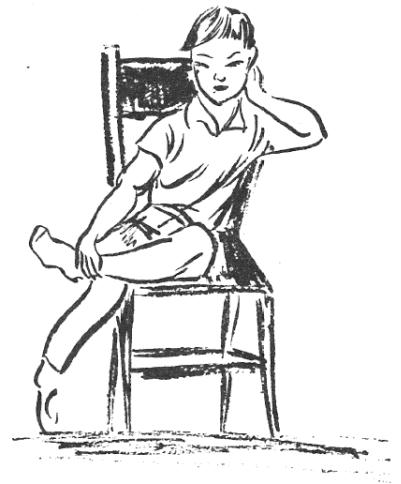 Trusting To Luck
Trusting To Luck
It is a very wrong idea to believe in good or bad “luck.” If we have such ideas in our minds, we should get rid of them while we are still children, and never again allow such wrong thinking to influence us. If we believe in “luck”, then we cannot believe in the Dharma.
Lord Buddha taught us that good effects, that is to say, good results, come from good causes, and that only bad results can come from bad causes. A person who does not do clear thinking and whose actions are not good, cannot reasonably say that the bad effects that come into his life are just “bad luck.” Bad thinking and bad living produce bad conditions of life, just as surely as two plus two add up to four. On the other hand, good thinking and good acting produce good conditions of life, just as surely as two plus two add up to four. It is superstitious to believe in “luck”, and anyone who has such a belief shows thereby that he does not have any deep understanding of the Buddha’s teaching.
Our lives are happy and peaceful or else unhappy and unpeaceful, depending on our own individual way of living. We make our own happiness or unhappiness and there is no such thing as luck. When a person says he has “bad luck”, he really means he has bad karma. Anyone who understand the teaching about karma, will not make the mistake of believing in luck, because he will know that everything that happens in our lives happens as a results of a cause we ourselves have created.
We all know that if we plant roses we shall soon have a beautiful bush of roses. The rose bush will never blossom with Angsana flowers. That would be against nature’s laws. Likewise, if we plant an Angsana tree, we can be certain it will bear Angsana blossoms and never roses. This same law governs our own lives. We get out of life what we put into life. We harvest what we have planted. Every Buddhist child must learn as early as possible in life that whatever happens to us is the result of our own personal karma and that believing in luck shows only ignorance and superstition.
SENTENCES FROM THE DHARMAPADA
“All that we are is the result of what we have thought; it is founded on our thoughts, it is made up of our thoughts.”
“If a man speaks and acts with pure thought, happiness follows him, like a shadow that never leaves him.”
“Fools of little understanding have themselves for their greatest enemies, for they do evil deeds which must bear bitter fruit.”
Questions
1. Can we believe in “luck” and also believe the Dharma?
2. What does the word “superstition” mean?
3. What do we mean by “laws of nature”?
4. What do good thoughts and good actions produce?
5. What do bad thoughts and bad actions produce?
6. Does some god control our thoughts and acts, or do we control them ourselves?
7. What do we mean by sowing and reaping, planting and harvesting?
8. Does anything “just happen” or is there a cause for everything?
9. Would it be natural for roses to bloom on an Angsana tree?
10. What do we mean by “personal karma”?
Collect from Buddhist Sunday School Lessons by The Venerable Sumangalo
652 lượt xem
Tin khác

THÔNG ĐIỆP VESAK 2022 của Tổng Thư Ký Liên Hiệp Quốc Tôi xin gửi lời chúc mừng nồng nhiệt nhất đến tất cả những ai đang hướng về kỷ niệm…

Pháp thoại CẢM NIỆM VÀ Ý NGHĨA CÚNG DƯỜNG PHẬT ĐẢN PHẬT LỊCH 2562 Tỷ Khưu THÍCH THÁI HÒA NAM MÔ BỔN SƯ THÍCH CA MÂU NI PHẬT Phật…



